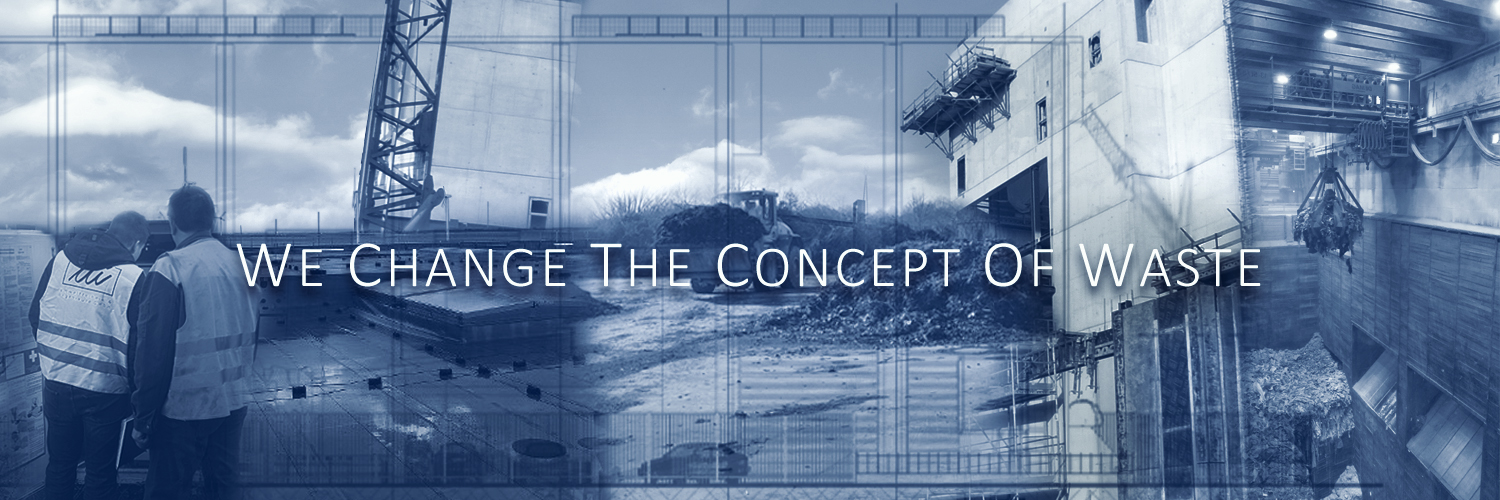Composting Plants
Composting is the natural process of decomposing biomass in the presence of atmospheric oxygen by micro-organisms. The duration of the decomposition depends on the one hand on the degradability of the organic material, on the other hand on the environmental conditions and can, therefore, vary from a few weeks to several years. In particular, optimal temperature and sufficient water content improve the rate of degradation.
The aim of a composting plant is to imitate the natural process for the recycling of biological waste and the production of a product rich in humic substances, better known as compost. Compost is a natural humus / nutrient supplier, which underlies high-quality standards.
Important for the observance of the quality requirements are, among other things, the processing of the input material and the removal of all foreign and interfering substances, e.g. batteries or plastic bags. A composting plant has a mechanical processing stage for this.
After pretreatment, a distinction is made between two different systems of composting. In the case of open windrow composting, the material is piled in windrows and mixed and restacked in regular intervals by excavators or wheel loaders in order to ensure adequate ventilation.
The second method is called closed systems. The biomass is composted under encapsulated, controllable conditions. The advantages compared with the open windrow composting is a faster-rotting process, which means less required space. In addition, the encapsulation enables targeted treatment of the exhaust air, which leads to a significant reduction of odour.
In practice, open and closed systems are often combined in large-scale composting facilities. The initial stages of the rotting process are best carried out in closed systems, whereas open systems are sufficient for the final stages of the decomposition and maturation of the compost. Upstream fermentation as an initial rotting stage is also possible and often used to improve the overall energy balance.
The ideal type of pretreatment and rotting process depend on a variety of location-specific factors. With our many years of experience in this area, we would be happy to support you in identifying the optimal combination for your specific case and putting it into practice - from the first planning idea to the completion of the system. Contact us for further information.



